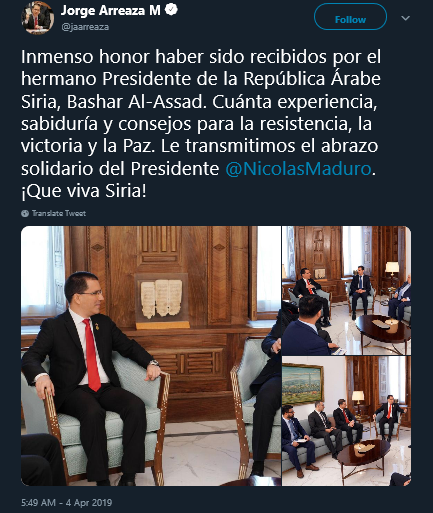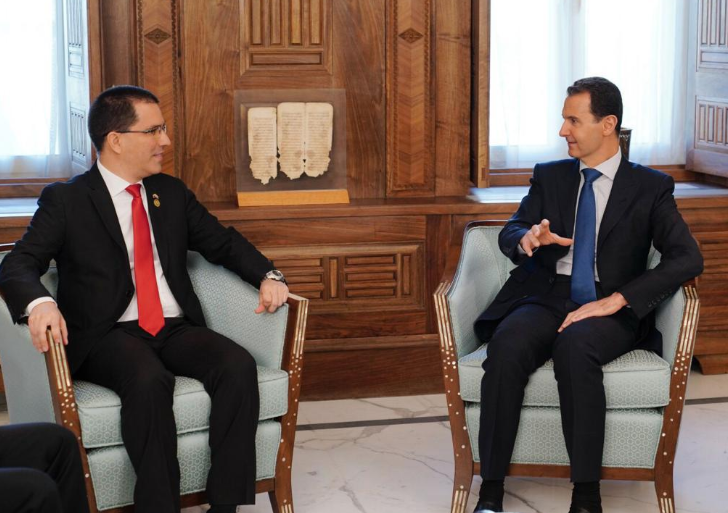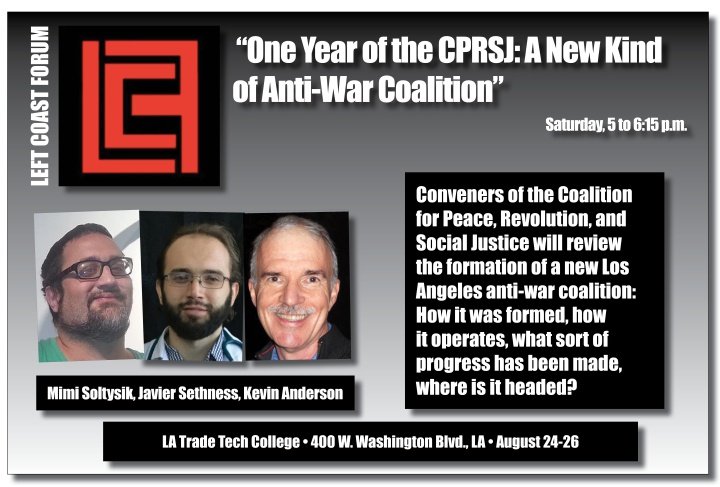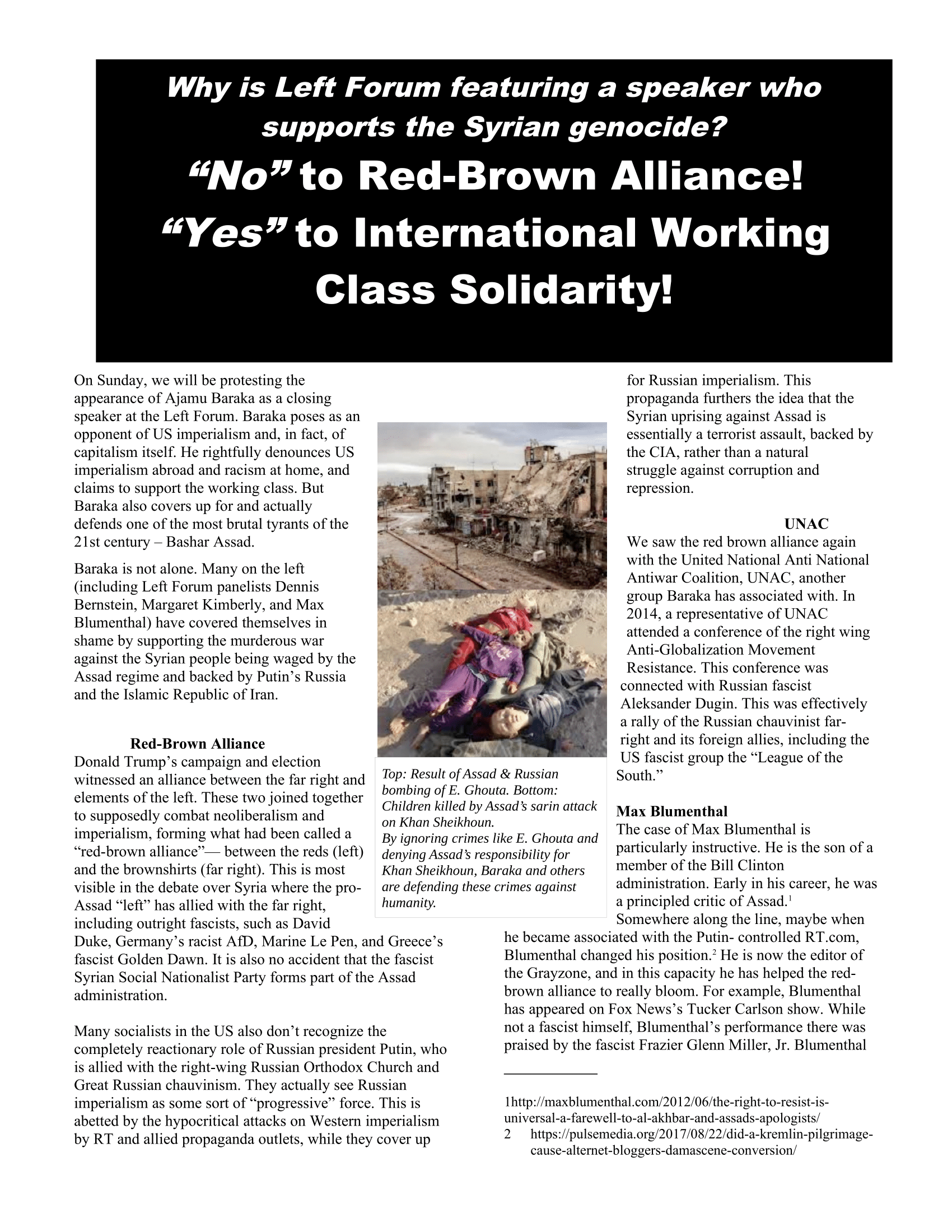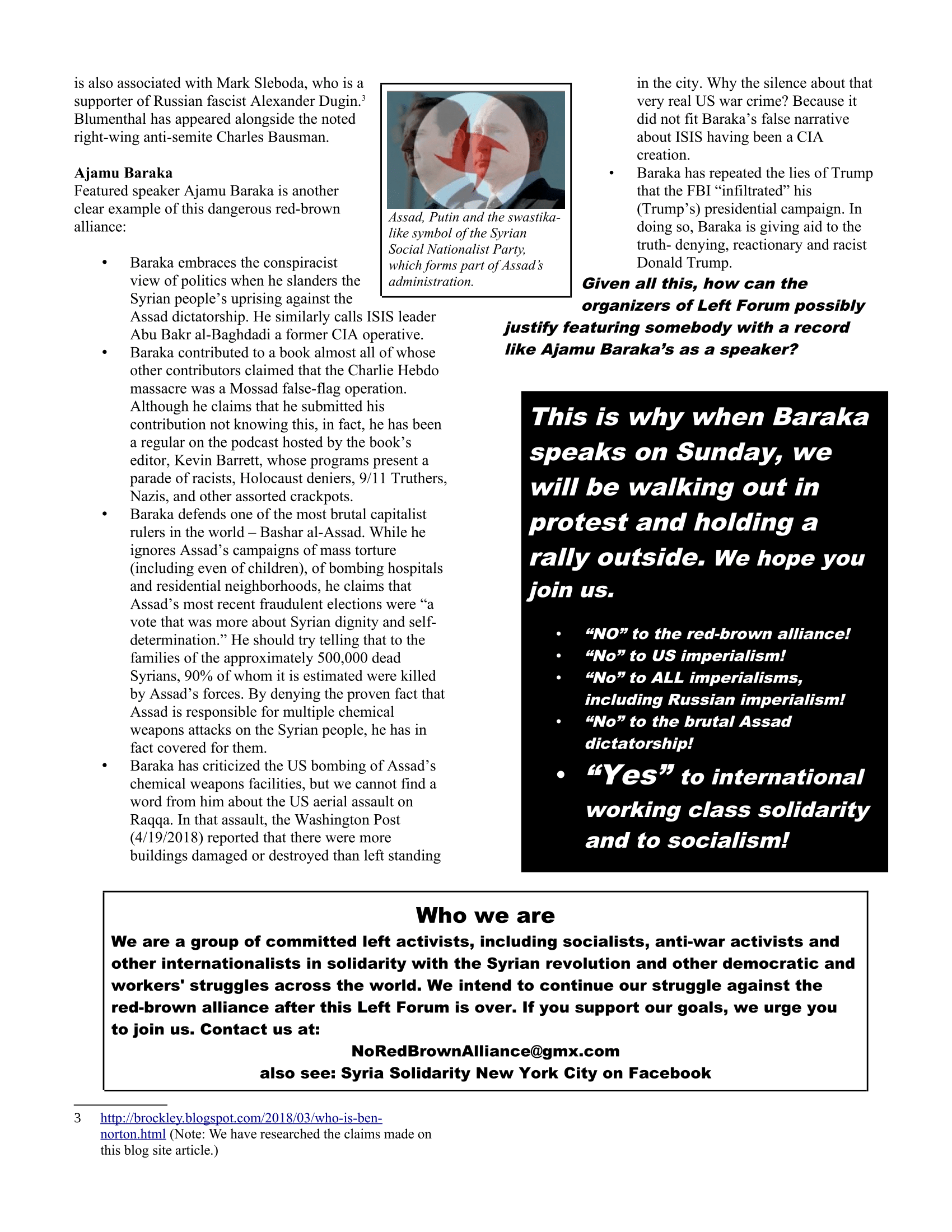“Today [in 1958], everyone knows Russian Communism as the greatest barbarism on earth. Stalin is the name which symbolizes this.”
– Raya Dunayevskaya
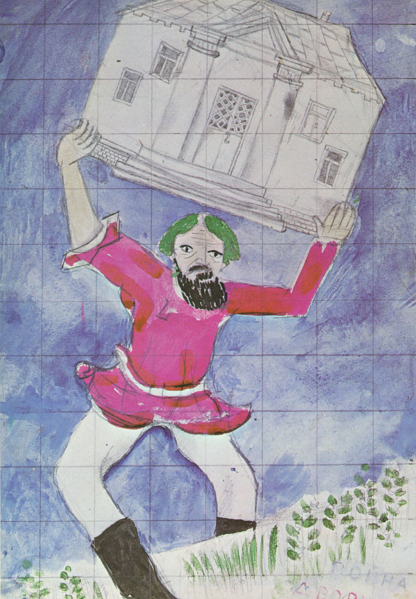
Marc (Moishe) Zakharovich Chagall, “Festive Design” (1918-9)
Breht Ó Séaghdha’s much-anticipated, “big,” and supposedly “spicy” interview on “Revolutionary Left Radio” with Justin and Jeremy from the “Proles of the Round Table” about Josef Stalin and the historical record is a sustained, nearly three-hour long fraud that above all insults the memory of Stalin’s millions of victims. Unfortunately for the host Ó Séaghdha, who misleadingly presents his guests Justin and Jeremy as following an “empirical and statistical approach” to the history of the Union of Soviet Socialist Republics (USSR), the reality is that he platformed neo-Stalinist propagandists on this episode, and either could not or would not challenge them on their myriad lies covering for what the Marxist-Humanist Raya Dunayevskaya rightly terms “the greatest counter-revolution in all history.” Given the friendly tone between Ó Séaghdha and his guests during this interview, as reflected in his admission at the outset of his “love and respect” for his “comrades and friends” Justin and Jeremy, his identification of the “Proles of the Round Table” as being “one of [his] go-to podcasts” represents a dangerous concession which reveals that he is following his guests’ lead when it comes to historical events.
Before analyzing and correcting the numerous distortions presented by Justin and Jeremy on this particular episode of “Revolutionary Left Radio,” I must express a very fundamental concern for Ó Séaghdha’s profession in the introduction of the need for leftists “always to show solidarity with our Jewish comrades,” given that not once in this three-hour interview does either the host or the guests discuss or even mention the Molotov-Ribbentrop, or Nazi-Soviet, Pact signed on August 23, 1939. Following in the wake of Hitler’s annexation of the Sudetenland in Czechoslovakia and the Anschluss with Austria, the terms of this non-aggression treaty, agreed initially to ten years, represented a ‘honeymoon’ for the two totalitarian dictators Hitler and Stalin, setting forth the terms by which Poland, Finland, and Lithuania, Latvia, and Estonia were to be divided after the Nazi invasion a week later.
In Tinísima, Elena Poniatowska depicts even so hardened a Stalinist as Tina Modotti, a nurse who worked in the Spanish Civil War (1936-1939) with Red Aid International, affiliated with the Third International (Stalin’s Communist International, or Comintern), as reacting to the news of the Nazi-Soviet Pact by refusing food, desiring death, and considering this “the betrayal of everything for which we’ve fought.” Arguing with her partner Vittorio Vidali, himself a high-ranking Comintern agent responsible for numerous assassinations of non-Stalinist supporters of the Spanish Republic, Modotti asks:
“And the dead? And the relatives of the dead—who will calm them down? You know how much I love and admire the Soviet Union; you know how I revere Stalin. Everything you say is fine, Toio [Vittorio], but an alliance with Hitler—never!”
Indeed, as historian Catherine Evtuhov relates,
“The agreement stunned leftist intellectuals and workers, who had believed that Moscow was the vital center of international revolution and anti-Nazism. As Arthur Koestler recalled, the sight of the swastika flying at the Moscow Airport [to mark Ribbentrop’s visit] destroyed his allegiance to communism.”
The Hitler-Stalin Pact not only carved up Poland and much of the rest of Eastern Europe, but also involved the NKVD and Gestapo exchanging political prisoners, including Communists, and Polish prisoners of war; trade in oil, wheat, and weaponry between the two hegemons; and Stalin publicly praising Nazi victories. Furthermore, between 1939 and 1941, Stalin’s regime deported a million and a half Poles, Ukrainians, Belorussians, Jews, Estonians, Latvians, and Lithuanians to the Far North, Siberia, and Central Asia; approximately one-fifth of those deported perished. Stalin’s forces were also responsible for executing at least 17,000 captive Polish officers in 1940.
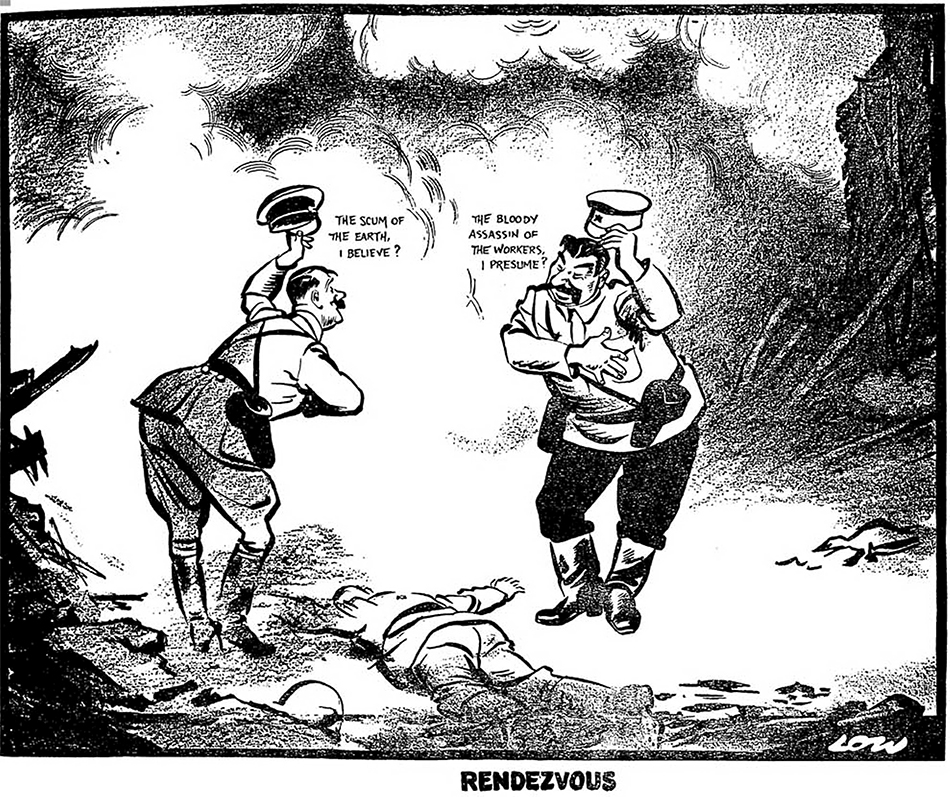
Cartoon in The Evening Standard (20 September 1939) depicting the partition of Poland between Hitler and Stalin at the dawn of World War II. Notice the Orientalist depiction of Stalin’s face.
With Stalin thus neutralized, Hitler received the green light with which he infamously launched World War II and, shortly thereafter, the Holocaust, or HaShoah, which accelerated in June 1941 when Hitler turned on his erstwhile ally by invading the Soviet Union. Alongside the estimated 25 million Soviet people who died in the war, at least 1 million Jews in Ukraine and five million other Jews were murdered in Poland, the Soviet Union, and other territories of Eastern Europe which were conquered by the German Wehrmacht for Hitler’s pathological, ultra-nationalist concept of Lebensraum (“living-space”). In fact, in January 1948, Solomon Mikhoels, chair of the Jewish Anti-Fascist Committee, was executed on Stalin’s orders by the Soviet Belorussian State police before he could bring to light documentation of the Nazi genocide of over 1.5 million Soviet Jews in these same territories conquered by the Wehrmacht “from the retreating Soviets”—territories which previously had been occupied by the Red Army, following Hitler and Stalin’s mutual agreement.
When it came to actual war with Hitler, Stalin’s myopic incredulousness about the reported 84 intelligence warnings he received about German preparations for invasion led to the immediate destruction of one-fourth of the Soviet air force, effectively granting the Nazi Luftwaffe aerial supremacy during the beginning of “Operation Barbarossa.” Whereas the Red Army had “approximately the same number of men on the Soviet western border as the Germans and significantly more tanks, guns, and aircraft,” the USSR’s security was endangered for two important reasons: the Red Army was comprised of peasants who were often demoralized by collectivization and famine, and it was led by inexperienced officers who had effectively been promoted through Stalin’s devastating Purge of an estimated 90 percent of “the highest army commanders, all the admirals, about 90 percent of corps commanders,” and several “divisional and brigadier generals” just a year to two years before the start of World War II. That the General Secretary of the Central Committee of the Communist Party of the Soviet Union had ordered his troops to occupy the new territory gained through the Molotov-Ribbentrop Pact, which lacked any defensive fortifications, was not helpful, either.
Moreover, Stalin’s disagreement with and overriding of the “leading Soviet military strategist,” General Georgii Zhukov, led to multiple disasters. To name just a couple: first, in August 1941, when Stalin refused to withdraw Red Army divisions from Kyiv (Kiev), the Wehrmacht proceeded to encircle and imprison more than 3 million Soviet officers and troops by the end of the year; and second, when, following the successful December 1941 counter-attack to rescue Moscow, Stalin hubristically enjoined offensives across the entire western front that “exhausted his troops and exposed them to Germany’s new campaign, this time aimed at the Caucasus and its oil fields.” Once Kyiv fell, the Nazis systematically murdered its Jewish population—some thirty-thousand men, women, and children—in the massacre known as Babi Yar.
Beyond this, Stalin’s refusal to sign the Geneva Conventions (1929) governing the treatment of prisoners of war (POW’s) arguably greatly harmed his officers and troops captured by the Nazis, who, in contrast to Western POW’s, were initially generally refused food and medical treatment, if they were not summarily executed. In point of fact, it was on Soviet POW’s that the Nazis first “tested” Zyklon-B gas in the Auschwitz death-camp (September 1941). An estimated three million Soviet POW’s died in Nazi captivity. Hitler’s regime did not think to exploit Soviet POW’s as forced labor until November 1941, alongside the millions of Ukrainian and Polish Ostarbeiter slave laborers, though it had no reservations leaving intact collectivized farms in occupied Ukraine, thus “taking advantage of the Soviet invention for extracting resources from the rural population.”
In light of these incredible omissions about the nearly two-year period of collaboration between Hitler and Stalin, the Holocaust, and the General Secretary’s numerous strategic blunders during World War II itself—which Jeremy and Justin outright ignore, mischaracterizing Hitler’s military defeat in May 1945 as Stalin’s “accomplishment”—it becomes clear that no one on this show has any credibility discussing the historical record.
To put it lightly, it is extremely problematic for anyone appealing to history to uncritically champion the genocidal and imperialist state-capitalist monster known as Stalin in 2018. As Rohini Hensman rightly points out, and as we shall explore more in part II of this response, “Stalin […] in his time had rehabilitated tsarist imperialism.” In 1927, Alexander Berkman identified Stalin’s rule as being equivalent to “Tsarist Socialism,” perhaps following Nestor Makhno’s lead in denouncing the “Bolshevik tsars” the previous year. According to Hannah Arendt’s analysis, class struggle and internationalism were absent within the politics of Stalinist totalitarianism, beyond merely opportunistic use as legitimating ideologies. Dunayevskaya correctly identified the Stalinist bureaucracy as “the most deadly, the most insidious, [and] the most dangerous enemy because it springs from the proletariat and cloaks itself in Marxist terminology.” So why on Earth would revolutionary leftists want to promote the legacy and supposed continued relevance of such decidedly counter-revolutionary distortions of socialism?
There is clearly something rotten in the heart of the Western left, for both neo-fascism and the red-brown alliance are on the rise. Indeed, “[t]his alliance between neo-Stalinists […] and neo-fascists […] is a twenty-first century version of the Hitler-Stalin pact.” It should not be surprising, then, to contemplate that Ó Séaghdha uncritically interviewed the pro-Assad propagandist and Russia Today correspondent Rania Khalek six months ago. Amidst such stark realities, I concur with Hensman that we must pursue and tell the truth as well as seek to bring morality and humanity into politics, among other critical tasks, and it is in the spirit of these maxims that I respond critically to Ó Séaghdha’s “Stalin podcast.”
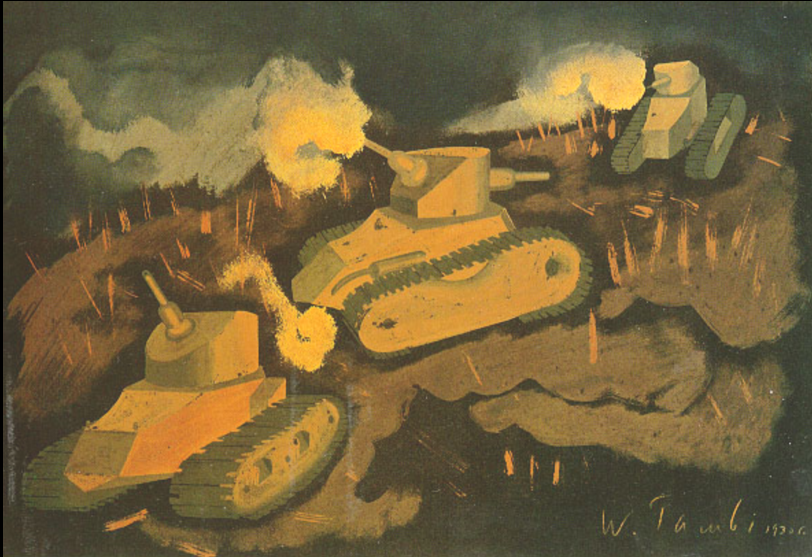
Vladimir Tambi (1906-1955), Tanks
What Did Stalin Do Wrong?
“The struggle for total domination of the total population of the earth, the elimination of every competing nontotalitarian reality, is inherent in the totalitarian regimes themselves; if they do not pursue global rule as their ultimate goal, they are only too likely to lose whatever power they have already seized.”
– Hannah Arendt
As if the host and his guests could be forgiven for covering up the Hitler-Stalin Pact—which they cannot—Jeremy and Justin’s ‘homage to Stalin’ comes through very clearly in their responses to Ó Séaghdha’s opening question, regarding which criticisms (if any) the “Proles of the Round Table” have of Stalin’s rule over the former Soviet Union. Still, even before responding here, Jeremy and Justin already have denied that Stalin was a dictator, instead suggesting that certain “people” could criticize him without fear of retaliation. Which people do they mean? Surely, they are not referring to M. I. Ryutin, the first Communist to openly denounce Stalin’s personal dictatorship and war on the peasantry in his 1932 appeal to the Central Committee, requesting Stalin’s deposition and an end to forced collectivization. Stalin responded by demanding Ryutin’s execution, yet, due to the objection of members of the Politburo (the highest-ranking body within the Communist Party), this renegade Communist was banished and only murdered five years later in the Purges. In addition, Stalin executed Ryutin’s sons, banished his wife to a prison camp, and temporarily exiled the Jewish Politburo members Lev Kamenev and Gregory Zinoviev for their supposed complicity in the affair—thus foreshadowing their ultimate fate in the Purges.
Evidently, the “Proles of the Round Table” rely on a misunderstanding of what dictatorship is—that is, centralized and effectively absolute power over the State and military apparatus. They miss Voline’s point that “dictatorship […] being universal and universally embraced, the way is open for fascist psychology, ideology and action.” With their comment on Stalin’s openness to criticism, they would consciously eliminate from history all the artists, intellectuals, dissidents, workers, and peasants who were imprisoned, tortured, and murdered in the Stalinist Terror, including the writer Isaac Babel, the renowned poet Anna Akhmatova’s son Lev Gumilyov (imprisoned in the GULAG slave-labor camps) and her husbands Nikolai Gumilyov, who was murdered by the CheKa (precursor to the NKVD, or Soviet Interior Ministry: Stalin’s secret police), and Nikolai Punin (who died in the GULAG), as well as the Russian Makhnovist Peter Arshinov, who was executed in the Terror in 1937 or 1938 on the charge of organizing to resurrect the anarchist movement in the Soviet Union—to say nothing of all the “Old Bolsheviks” killed in the Moscow Show Trials.
Jeremy and Justin therefore reject the historical reality that, following the expulsion in 1927 of his primary rival Lev Trotsky from the Communist Party of the Soviet Union, “there is little doubt that Stalin and a narrow circle of aides made all the historical decisions of the period.” Kamenev and Zinoviev, who had joined with Trotsky (also Jewish) in 1926 to form a “United Opposition” to Stalin, quickly recanted following Trotsky’s forced exile in 1928. Lacking a base among either workers or peasants, these rivals of Stalin were outmaneuvered by the General Secretary’s construction of a vast bureaucracy. The “Proles of the Round Table” thus omit Stalin’s internal liquidation of factions, his utter subordination of foreign Communist Parties to his arbitrary rule, and his war on the remnants of intellectual freedom in the USSR. Like other authoritarian socialists, Justin and Jeremy misleadingly conflate the Communist Party bureaucracy with the proletariat and peasantry it exploited and dominated—a notion with which Ó Séaghdha concurs, insisting as he does that historical Stalinist bureaucracies have represented “mass-proletarian movements.” This is a classic exposition of “substitutionism,” whereby élites of intellectuals and/or bureaucrats rule over the working classes by proxy and in their supposed interests, though without any democratic participation on the part of workers and peasants. The ill-named concept of “democratic centralism” expresses the same dictatorial idea.
Therefore, rather than reflect thoughtfully on the history of the Russian Revolution and the Soviet Union, Jeremy and Justin vigorously defend Stalin’s technocratic and genocidal legacy of authoritarian high modernism, whereby the centralized power of the totalitarian State is employed “scientifically” and expeditiously to transform society not in the interests of humanity or the working classes, but the Party bureaucracy and state-capitalism.
According to the “Proles of the Round Table,” these were the three greatest mistakes or crimes for which Stalin is responsible during his three decades as General Secretary of the Soviet Union, from 1922-1952:
- Justin argues that Stalin should have supported the Spanish Revolution more, although Jeremy is quick to clarify that he did not “betray” it. The pair detail the extent to which Stalin supplied arms and ammunition to the Republican forces in the Spanish Civil War—yet Jeremy suggests that, had Stalin provided greater assistance to the Republic, the Soviet Union might not have been able to resist Nazi and Japanese expansionism during World War II. Of course, he fails to mention the Hitler-Stalin Pact here; neither does he seem to consider that, had the Nationalist forces been defeated in Spain, Hitler may have been checked before even launching World War II. Jeremy and Justin contend that Stalin’s intervention in Spain was benign, and that it’s “patently false” that his Comintern agents “maliciously murdered anarchists […] in the streets.” Both claims are complete lies. Firstly, Stalin effectively looted the Republic’s gold reserves by vastly overcharging for the arms sold to it, as historian Gerald Howson has shown, and the Soviets would often send dysfunctional weapons that lacked ammunition. In addition, Stalin treated Spain as a colonial possession, dispatching NKVD and GRU (military-intelligence) agents there who reported to and acted under him, not the Republican government. Even so pro-Soviet an historian as E. H. Carr recognized that the Republic ultimately had become “the puppet of Moscow.” Secondly, the “Proles of the Round Table” appear willfully ignorant of the “Tragic Week” of May 1937, otherwise known as the “May Days,” when Stalinists from the Comintern-affiliated Partit Socialista Unificat de Catalunya (PSUC) in Barcelona struck out against the Confederación Nacional de Trabajo (CNT), the Unión General de Trabajadores (UGT), and the Partido Obrero de Unificación Marxista (POUM), in an effort to uphold “antifascist unity” while crushing the ongoing social revolution. In effect, the May Days “guaranteed the armed victory of the Stalinist-led counter-revolution,” which in turn allowed for the victory of Nationalist forces, following the rationale that “Stalin feared his leftist rivals in Spain more than he did Franco.”
- The deportation to Irkutsk and Siberia of “10,000 Soviet citizens” from the Volga region who were ethnic Germans beginning in 1941, supposedly for fear of their being a “fifth column” vis-à-vis the invading Nazi military. For Jeremy, the error was that Stalin deported these Germans on an ethnic basis, though he definitely implies that the General Secretary would have been justified in deporting or exiling his opponents on a “class” or political basis—because, of course, for Jeremy and Justin, any political opposition to Stalin is “counter-revolutionary,” no matter its actual content, given their absurd view that the General Secretary represented the epitome of the Russian Revolution. In uttering such words, Jeremy unwittingly expresses his support for Stalin’s GULAG system of slave-labor camps on principle. He also underestimates the number of Volga Germans deported by Stalin’s regime by a factor of between 40 and 70.
- Stalin’s imposition of Article 121, which criminalized male homosexuality with hard labor, following the Bolsheviks’ earlier suspension of Tsarist-era penal codes against homosexuality after October 1917. Though they criticize Stalin for this reactionary move, Justin and Jeremy try to contextualize the reversal by pointing out the supposedly perceived affinities between homosexuality and fascism at that time, and between homosexuality and pederasty, or pedophilia—thus unironically recalling today’s criminalization of homosexuality under Vladimir Putin. Ó Séaghdha assists by claiming such criminalization to have been standard practice “all over the world” at the time. Yet a fact check shows this not remotely to have been the case.
What’s the problem, then, with these supposed criticisms? For one, they reveal that Jeremy and Justin are not remotely arguing in good faith. To begin with, the guests chuckle when discussing the “shady” actions of NKVD agents “murdering anti-Soviet communists in the background” in Barcelona after Ó Séaghdha questions them about this. They are, moreover, quite dishonest about the overall meaning of Stalin’s intervention in the Spanish Civil War.
Furthermore, regarding deportations, Jeremy completely overlooks Stalin’s far more extensive and systematic ethnic cleansing of over a million ethnic minorities, mostly Muslim, during World War II: Chechens, Crimean Tatars, Kalmyks (Buddhists), Ingush, Balkars, Karachai, and Meskhetians. As there is no mention or discussion of these on the podcast, neither is there any discussion of precisely why Stalin and the Communist Party might have feared these minorities’ siding with the advancing Germans: namely, due to their oppression under the Soviet Union. Forcibly transferred by the NKVD to Central Asia, the Far North, and Siberia like the Cherokee people coerced onto the “Trail of Tears,” many of these oppressed peoples died either during the journey or in exile—leading to the logical conclusion that Stalin is guilty of genocide here beyond any reasonable doubt. Of course, these atrocious mass-deportations go unmentioned by Jeremy, who rather banally asserts that the Volga Germans “had it better” in exile in Russia’s Far North and Eastern Siberia than those Germans and German-Americans detained by the Franklin Delano Roosevelt administration in internment camps during World War II. For context, he will later add that he considers Lavrentiy Beria, the successor to the “Purged” Nikolai Yezhov as NKVD chief in 1939—a man responsible for the liquidation of Social Democrats in Georgia and Armenia, Old Bolsheviks in the Terror, and Polish officers captured after the Nazi-Soviet Pact—to have been a “liberal.”
So beyond proclaiming elitism and substitutionism; arguing in bad faith; and denying atrocities such as the Stalinist dictatorship, the Nazi-Soviet Pact, the May Days, Stalin’s mass-deportations of oppressed nationalities, and the GULAG slave-labor camp system (see part II of this response); Jeremy and Justin now present the classic argument of “whataboutism,” which seeks to distract from the issue at hand—Stalin’s totalitarian atrocities—by falsely claiming that that same issue is dwarfed by some similar issue that is ongoing elsewhere. A fact check shows just how dishonest this argument is: 11,000 Germans and German-Americans were interned in the U.S. during WWII, while Stalin’s regime deported at least 400,000 Volga Germans to Siberia and Irkutsk. (For reference, the U.S. interned about 120,000 Japanese-Americans during WWII.)
In sum, Jeremy is lying to his audience when he claims that Stalin wasn’t “just f*cking with people just to f*ck with them.”
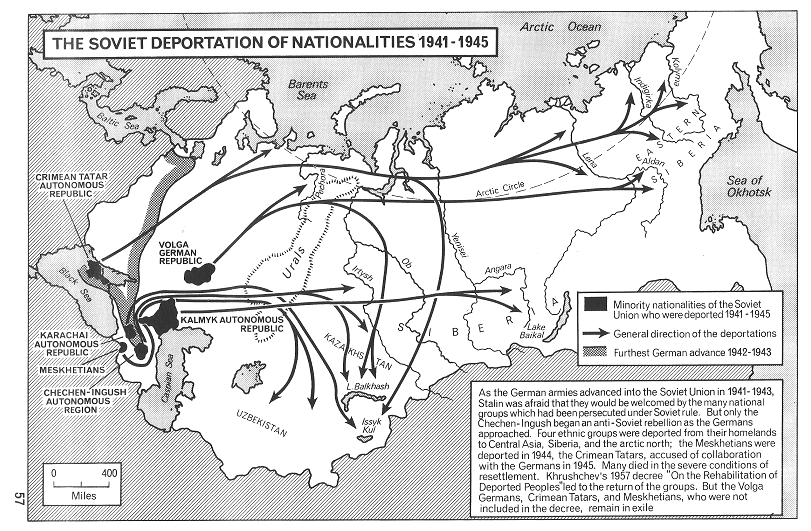
Courtesy Asya Pereltsvaig
Notes


